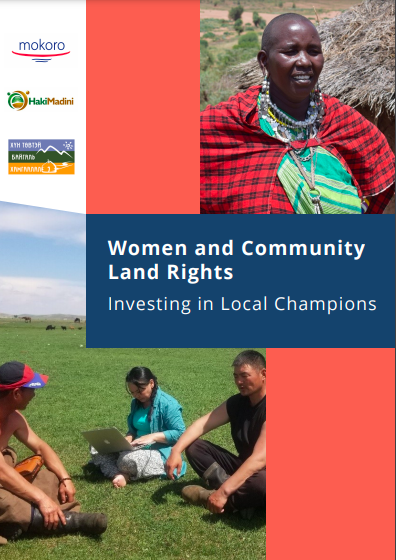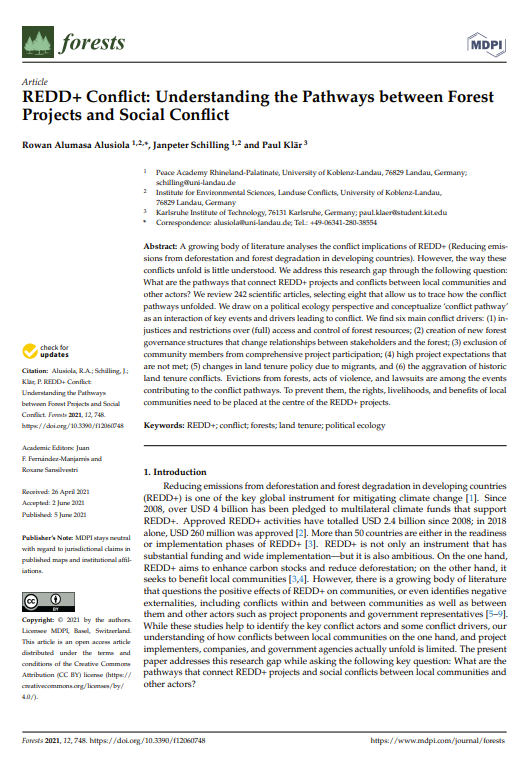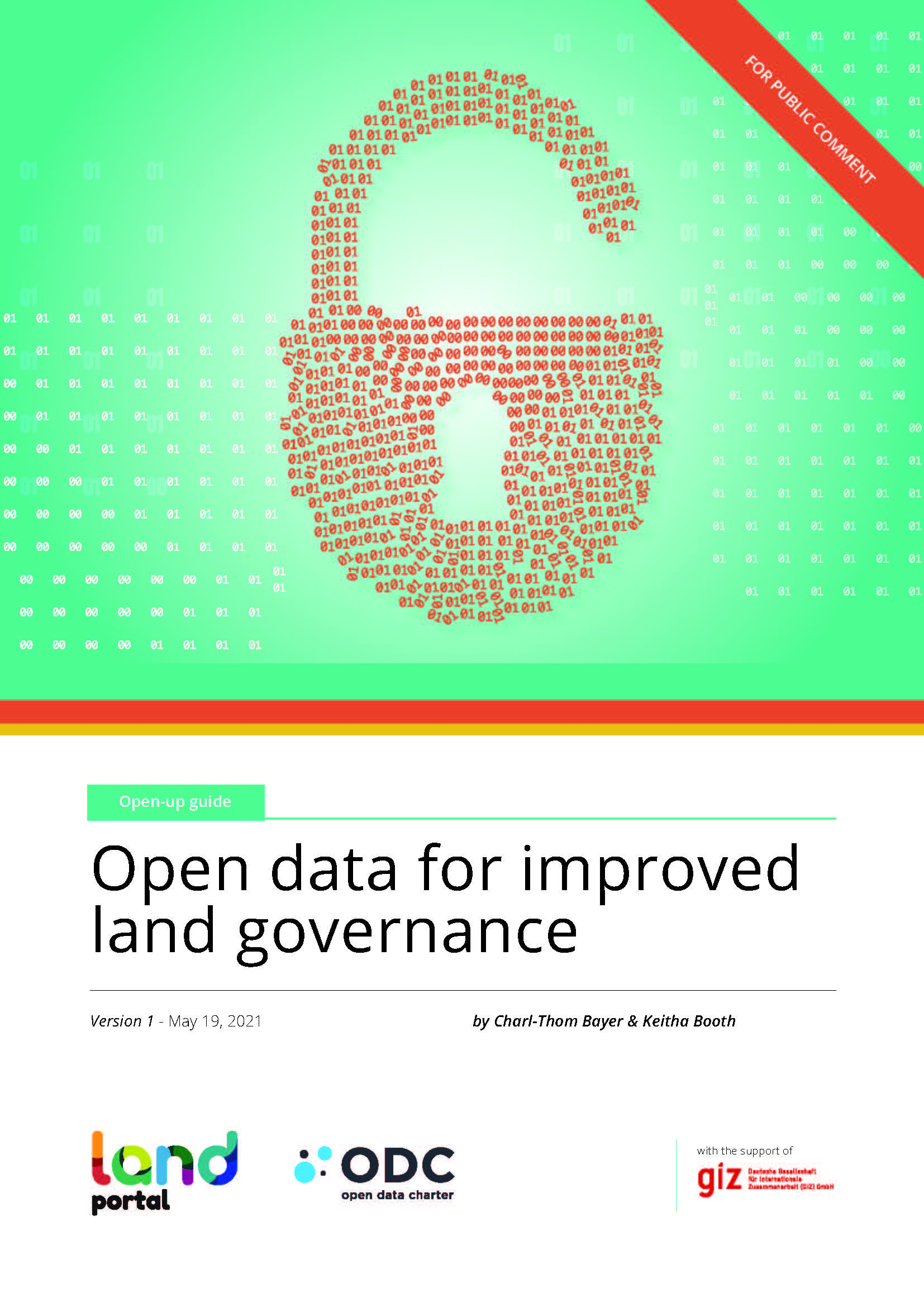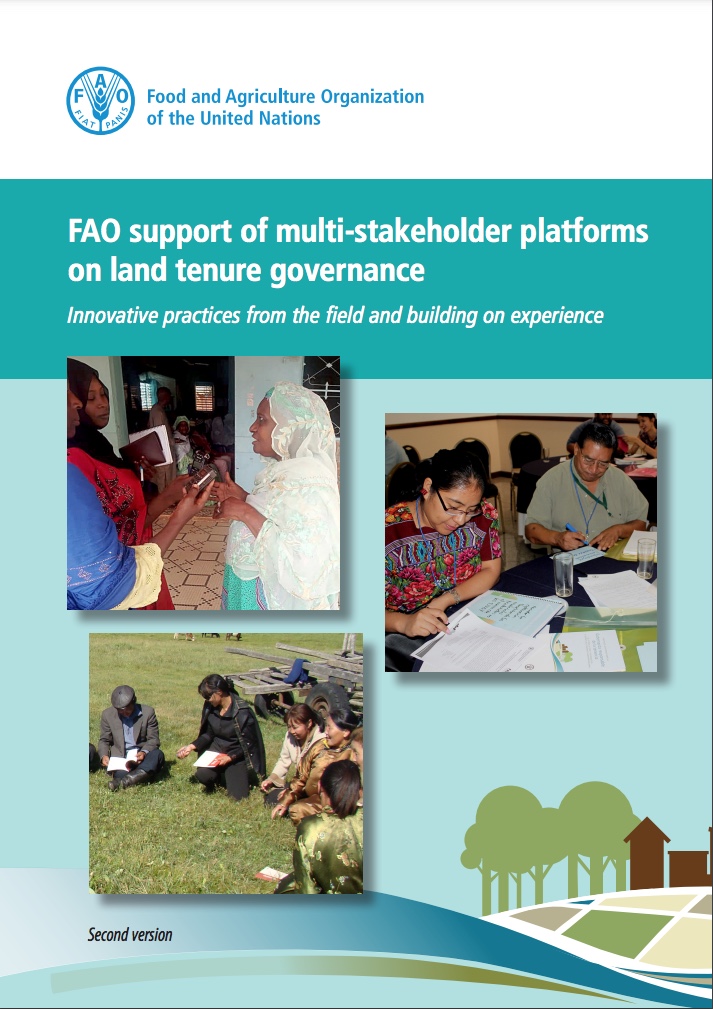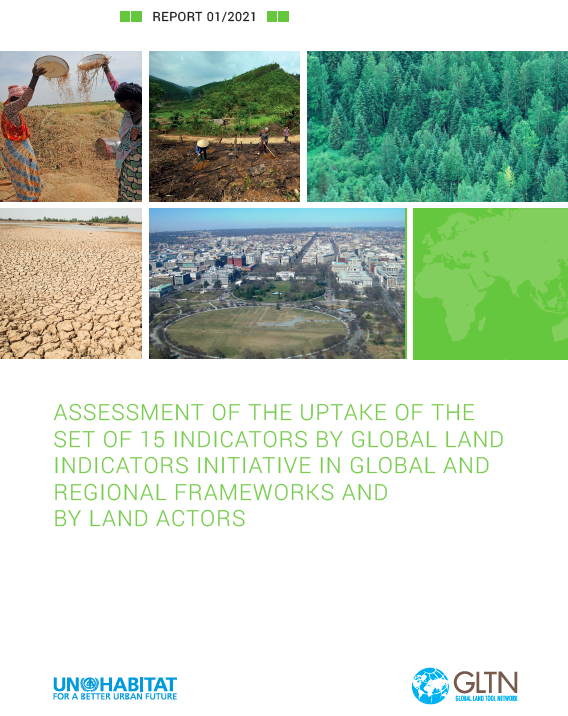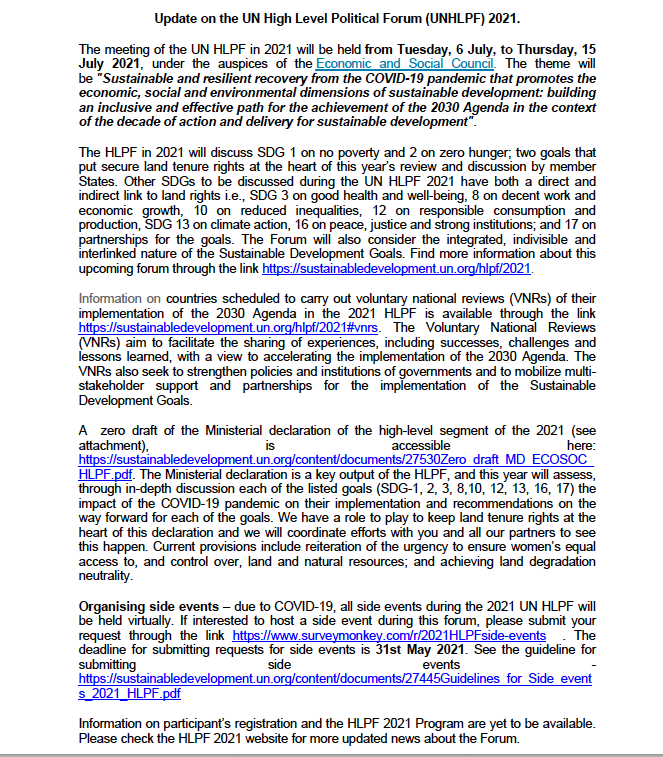Women and Community Land Rights: Investing in Local Champions
For more than five years, the Women’s Land Tenure Security (WOLTS) Project has been investigating the intersection of gender and land relations in mining-affected pastoralist communities in Mongolia and Tanzania.

